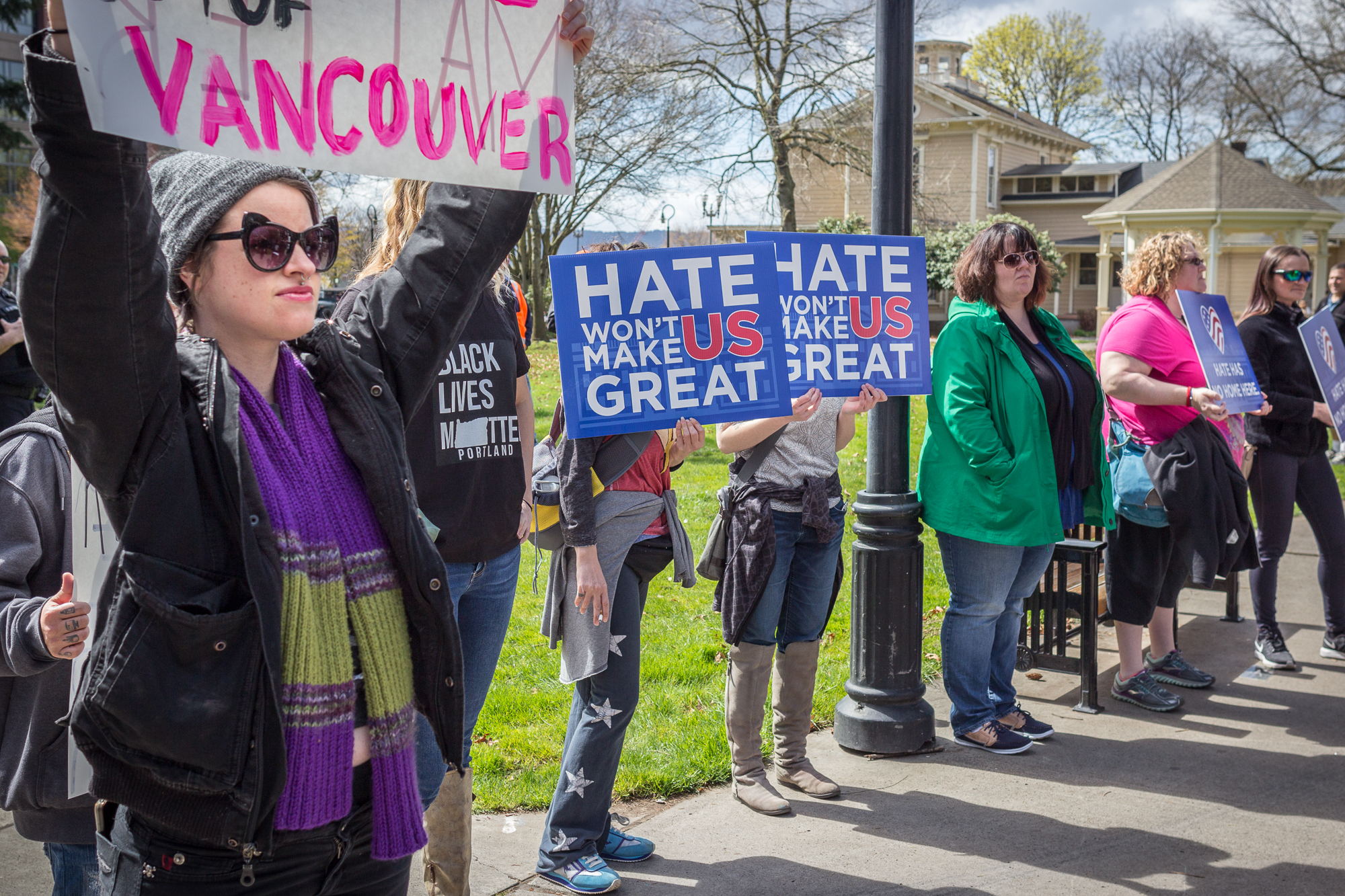Canada
Social Justice is Popular. But the Rule of Law is Sacrosanct
But law and social justice do not always go hand in hand—at least, not in the short term.

Editor’s note: The text that follows is adapted from the 2018 Rule of Law Lecture, delivered by Canadian Quillette editor Jonathan Kay to the Law Society of British Columbia on June 7 in Vancouver.
This is a speech about the interplay of law and social justice. And I can’t think of a better way to start it than by praising a great lawyer who died last month at the age of 104—a black woman by the name of Dovey Johnson Roundtree.
In 1965, Ms. Roundtree represented a poor black day laborer named Raymond Crump Jr., who stood falsely accused of killing a glamorous white woman in Washington D.C. Everyone assumed Crump would hang. But in court, Roundtree saved Crump’s life.
Even before that, Roundtree, did amazing things. She was one of the first female officers—of any race—in the U.S. military. And in 1952, she helped strike down racial segregation on interstate buses.





